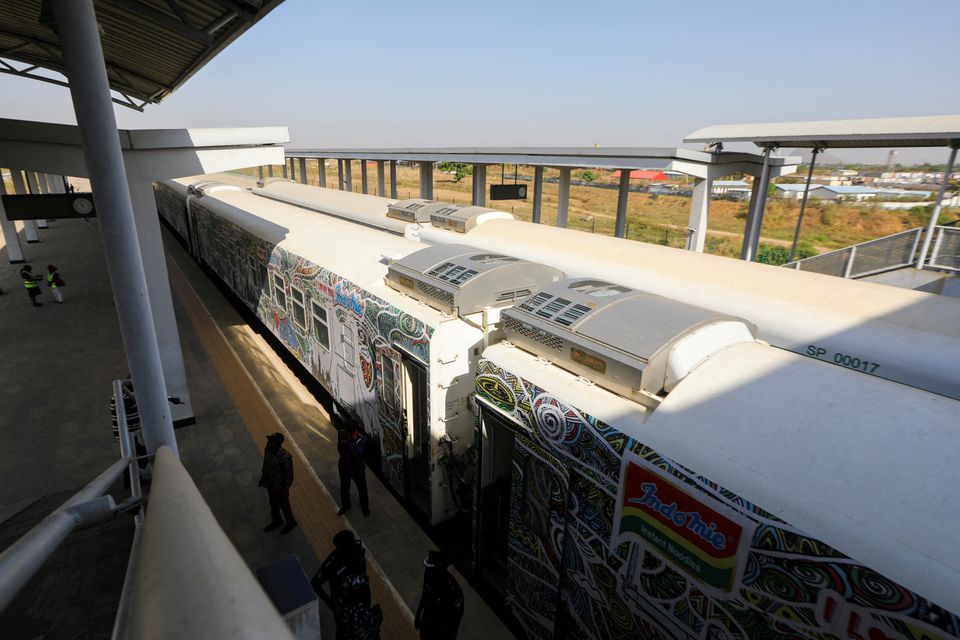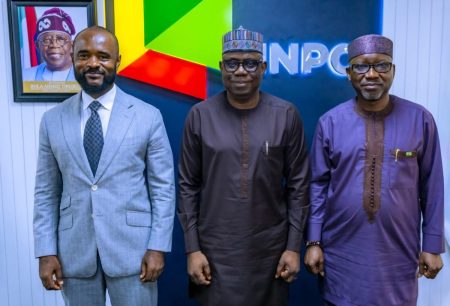
Abuja — Nigeria’s Senate has approved China Development Bank as new financier for the country’s Kaduna-to-Kano rail project at a cost of $973 million, after another Chinese lender withdrew from the project in 2020, lawmakers said on Tuesday.
Parliament had in 2020 approved China’s Exim Bank as financier for the rail project, which was lumped in with the government’s external borrowing plan of $22.8 billion, before the bank withdrew.
Nigeria’s lower house of parliament has also approved the new financier, which will grant a 15-year loan to the rail project at an interest rate of 2.7%.
President Muhammadu Buhari made upgrading Nigeria’s transport network and improving outdated power grids the pillar of his administration, with a view to boosting agriculture and other non-oil industries to cut dependence on dwindling crude revenues. But funding has been a major constraint.
Nigeria’s parliament has approved several billions of dollars in project-tied loans from Chinese and other international lenders, but funds have yet to materialize.
In 2022, Nigeria approached Standard Chartered Bank (STAN.L) for a loan to fund the Kano-to-Maradi line, which will connect northern states Kano, Jigawa and Katsina, after delays from Chinese lenders. But the government has now turned back to China for funding.
Nigeria’s poor transport and power networks have stymied economic growth for decades, holding back the distribution of wealth in Africa’s biggest economy, where 40% of people live below the national poverty line.
Buhari will leave office in May after handing over to president-elect Bola Tinubu, who has promised to tackle a litany of problems, including double-digit inflation and industrial-scale oil theft that has hampered an economy trying to recover from the COVID-19 pandemic.
*Camillus Eboh, Chijioke Ohuocha; Editing: Alexander Smith & Bill Berkrot – Reuters
Follow us on twitter



